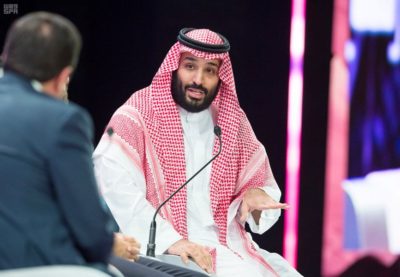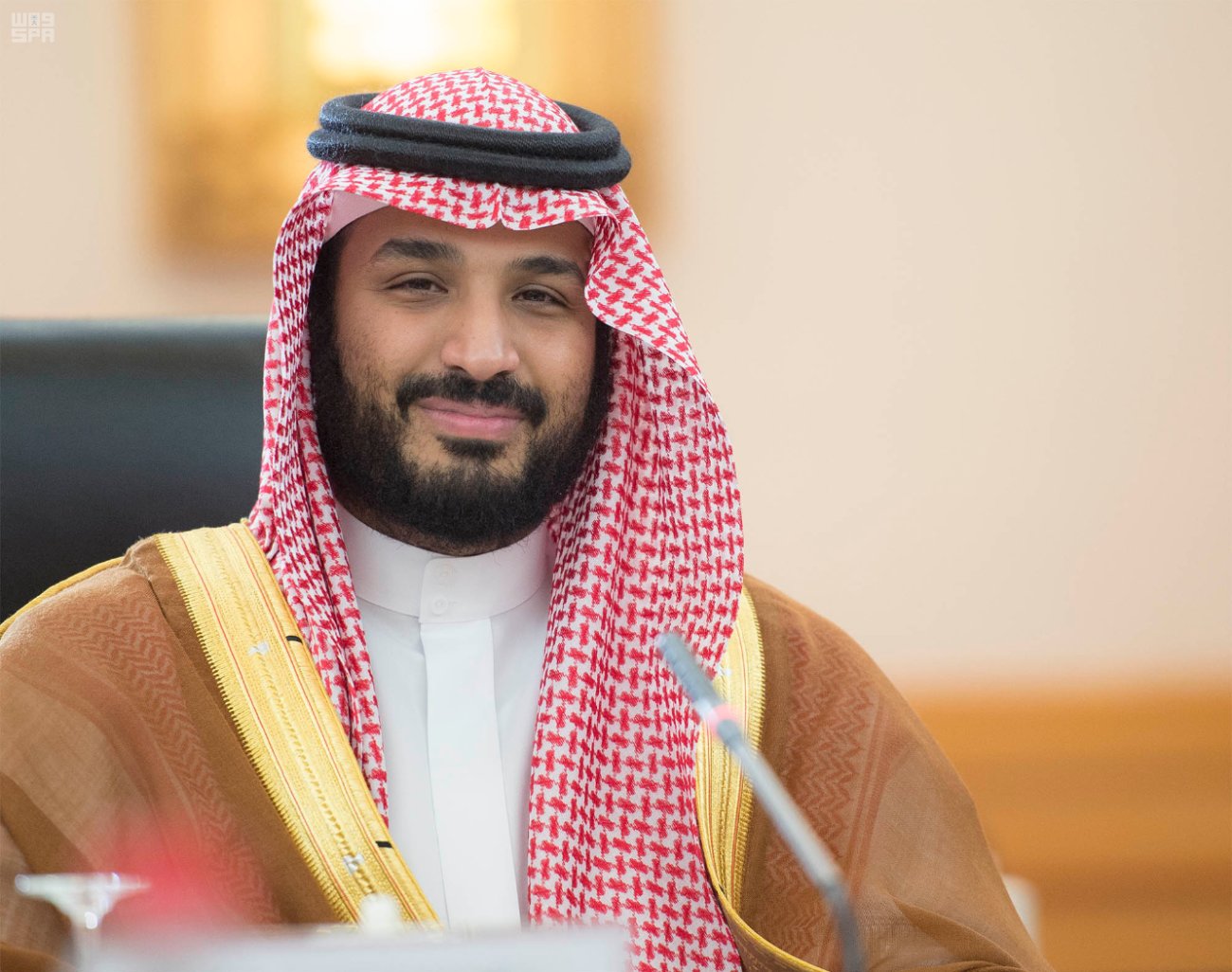Saudi Arabia’s Crown Prince Mohammed bin Salman released a rare statement on the ongoing economic reforms in Saudi Arabia and took a firm stance against any threats to the Kingdom, as Saudi Arabia battles dual crises in the Coronavirus and lower oil revenue.
The Crown Prince said reforms he championed had saved Saudi Arabia from even greater austerity as revenue plunged this year.

Crown Prince Mohammed bin Salman said actual terror attacks in the kingdom had “fallen to near zero.”
Saudi Arabia began its all-important Vision 2030 economic and social reform plans in 2016, during a period of higher oil prices and with the understanding that overhauling its economy would take years and require painful changes to its system of low taxes, high subsidies, and over-reliance on income from oil exports.
Oil income is expected to drop by nearly a third to 410 billion riyals ($109.3 billion) this year, the Crown Prince said. If Saudi Arabia’s economy was not already undertaking reforms, the dual crises of the pandemic and low oil prices would have put Saudi Arabia in a significantly worse position now than it finds itself in as a result of starting Vision 2030 in 2016.
Additionally, the Crown Prince said, non-oil revenue is expected to rise 14% to 360 billion riyals ($96 billion), with domestically unpopular tax and fee hikes helping to lessen the blow to the budget, according to Bloomberg.
The Crown Prince also said Saudi Arabia will strike those who threaten the kingdom’s security and stability with an “iron fist,” one day after an attack on a Remembrance Day ceremony injured two in Saudi Arabia.
“We will continue to hit with an iron fist against anyone who thinks of threatening our security and stability,” Crown Prince Mohammed bin Salman, the kingdom’s de facto ruler, said in a speech carried by Saudi state news agency SPA.
Via Bloomberg, other key points from Prince Mohammed’s statement include:
-Returns achieved by the Public Investment Fund, Saudi Arabia’s main sovereign wealth fund, “are not less than 7%, and we have investments with returns exceeding 70%, and others exceeding 140%,” he said.
-The fund will invest 150 billion riyals next year and in 2022 into the Saudi economy, rising each year until 2030, he said. Some of this could be funded by liquidating the PIF’s existing assets, the prince added.
-Prince Mohammed said that if non-oil revenue had remained at 2015 levels this year, officials would have been forced to cut public-sector salaries by 30% and eliminate capital spending.
-The government has collected 247 billion riyals from anti-corruption campaigns over the past 3 years, Prince Mohammed said, an amount equivalent to 20% of total non-oil revenue.
-He touted cultural achievements and a loosening of social restrictions under his watch — which coincided with a harsh political crackdown that drew international censure
-Saudi Arabia had successfully fought extremism over the past few years, the prince said, adding that “today, extremism isn’t considered acceptable in Saudi Arabia, and no longer appears on the surface, but is outcast, hidden and withdrawn.”









